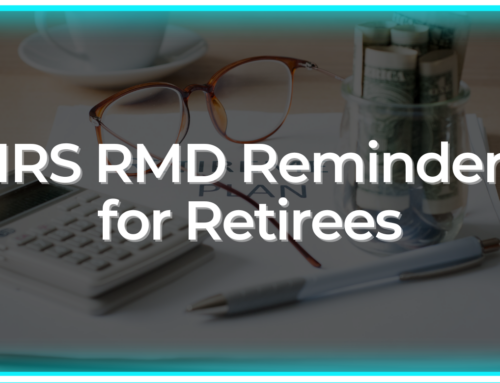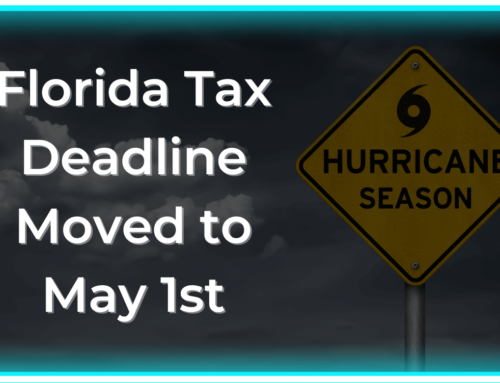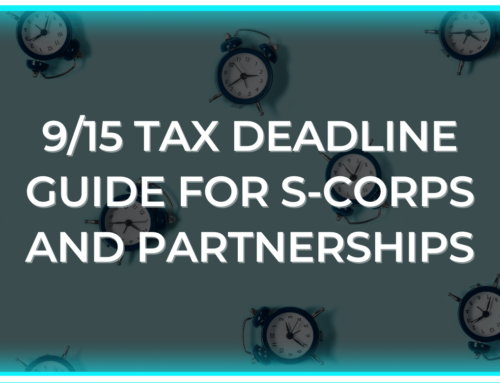Hi everyone! I’m Bette Hochberger, CPA, CGMA. As the October 15th tax deadline approaches, it’s important to make sure that you’re fully prepared to file your extended returns for both corporate (Form 1120) and individual (Form 1040) tax filings. This date is the final extension deadline granted by the IRS, so missing it can result in penalties and interest. Here’s everything you need to know to meet the deadline stress-free.
What’s Due on October 15th?
1120 Corporate Tax Return
If your business operates as a C-Corporation and you requested an extension, your federal tax return (Form 1120) is due by October 15th. This is your last chance to file for the 2023 tax year without incurring additional penalties. Keep in mind, even though the return was extended, any tax payments were still due by April 15th!
1040 Individual Income Tax Return
For individuals who requested an extension on their personal income tax return (Form 1040), October 15th is the deadline to file. This extension applies to all types of individual income tax returns, including those for freelancers, small business owners, and those with investment or rental income.
Consequences of Missing the Deadline
Failure to file by October 15th can result in penalties and interest charges. For both corporations and individuals, late-filing penalties can be steep, starting at 5% of the unpaid tax for each month the return is late, up to a maximum of 25%.
Additionally, any underpayment penalties will continue to accrue, so it’s crucial to file by the deadline—even if you don’t have the funds to pay any remaining taxes owed.
Steps to Take Before the Deadline
Review Your Documents
Double-check that you have all necessary documentation, including W-2s, 1099s, business expense records, investment statements, and any additional supporting documents.
Verify Estimated Tax Payments
If you made estimated tax payments throughout the year, make sure that the amounts are correctly reported on your return.
Check for Tax Credits and Deductions
Take advantage of any available tax credits or deductions, such as the Child Tax Credit, Earned Income Tax Credit, or deductions for retirement contributions and business expenses. These can help lower your tax liability.
Submit Your Return Electronically
E-filing is the quickest and most secure way to submit your tax return. It also helps avoid potential mailing delays and allows for faster refund processing.
As we approach the October 15th deadline, now is the time to wrap up your corporate and individual tax filings! As always, stay safe, and I’ll see you next time.









